In a recent informal discussion organized in Kathmandu on the topic of election security, one of the retired senior-most judges opined that the way major political parties contesting in the local polls have now is a serious concern for sustaining democracy at the local level.
The observation shared by the ex-top judicial official, amidst a gathering of parliamentarians, security experts, and ex-security officials holds a symbolic meaning given that the country has politically addressed a decade long Maoist armed insurgency and been able to mainstream regional and splintered political parties that emerged as the byproduct of the conflict.
Various armed groups were the major security threats in the election in 2008 and other subsequent elections. Acts like abduction and attack on candidates, and bomb threats on polling stations among others were identified as challenges.
However, the trend of political parties obstructing the public to exercise their franchise has been in practice in Nepal since the political change of 1990.
Obstructing the voters to reach polling booths, capturing the ballot boxes, obstructing voting in fear of losing the election by inviting clashes and tampering with or tearing the ballot paper while counting votes are some examples of such attitudes.
Technology and logistical preparations cannot alone ensure electoral security; officials need to ensure that no conflict of interest or illicit intention from any office bearers could pose threat to the sanctity of the elections.
Some of the major political parties were responsible for such incidents in the past and the upcoming elections will be one of the biggest challenges.
Nepali security forces have publicly shared similar observations in the context of the current elections. A joint meeting of the four security agencies stated that there were no serious actions from any criminal or underground groups, therefore the election had no major external threats.
They, however, argued that the disputes between parties could result in acts like attacks and counterattacks against the candidates and voters.
A spokesman of the Nepal Police was quoted as saying that the major threat this time was geographical barriers and the competition between political parties and a security strategy was prepared to address that.
The government has mobilized nearly two hundred seventy-five thousand security forces including the temporary police personnel.
It has allocated around Rs 10 billion for election security. The security forces have classified the polling booths as highly sensitive, sensitive and less sensitive and have formulated a strategy that aims to ensure election security which includes the safety of both voters, candidates, polling stations, poll-related materials and ballot papers among others.
The ruling and opposition parties have not only made this election their prestige issue. They want to showcase the result of the polls as their strength for the upcoming parliamentary elections.
The coalition parties leading the government are contesting the elections by forging an alliance. The opposition party is also uniting small parties in its support to strengthen its position. Both sides want to desperately win the elections.
The ruling coalition face setback from their rank and file who are registering dissents over the candidates ‘picked by the center’ in the name of the alliance. How much discontent will impact electoral security is yet to be assessed.
The Election Commission is responsible to ensure fair play in elections by taking action against any foul play that breaches the code of conduct.
With major ruling parties forming an electoral alliance, there is a risk that the commission or any other constitutional watchdog would face political pressures.
Such a situation could be detrimental to free and fair elections and add extra challenges. The major threats of unhealthy competition between major parties can be summed up in the following points:
– Political tension between parties that may occur between the polling station and counting center
– Abuse of state power by ruling parties and their leaders and cadres and the counter-response from the opposition
– Impact of candidacy selection based on ‘power, money and muscle’ and the tactics such candidate may use during elections
– Risk from other fringe groups that may want to disrupt the polls
The election commission, whose repute is still facing serious scrutiny following controversy regarding appointments made through ordinance, has an opportunity to prove its power.
During the last local elections, ballot papers were torn apart during the vote count of the Bharatpur Metropolitan City.
The election official was quoted then as saying, “The incident occurred when I had gone to the toilet. So, I could not figure out what happened and who did it.” There was zero accountability and when fresh voting was conducted in a single ward the election result tangibly altered.
Officials said that based on their experience of the local elections, they used CCTV and developed perimeters for counting ballots in a secured manner.
Technology and logistical preparations cannot alone ensure electoral security; officials need to ensure that no conflict of interest or illicit intention from any office bearers could pose threat to the sanctity of the elections.
As a constitutional watchdog, Election Commission should use all power at its disposal to ensure that the polls are truly free and fair.
If it remains a mute spectator of non-electoral activities, electoral security cannot be ensured and the credibility of the polls would face serious questions.
The election commission, whose repute is still facing serious scrutiny following controversy regarding appointments made through ordinance, has an opportunity to prove its power.


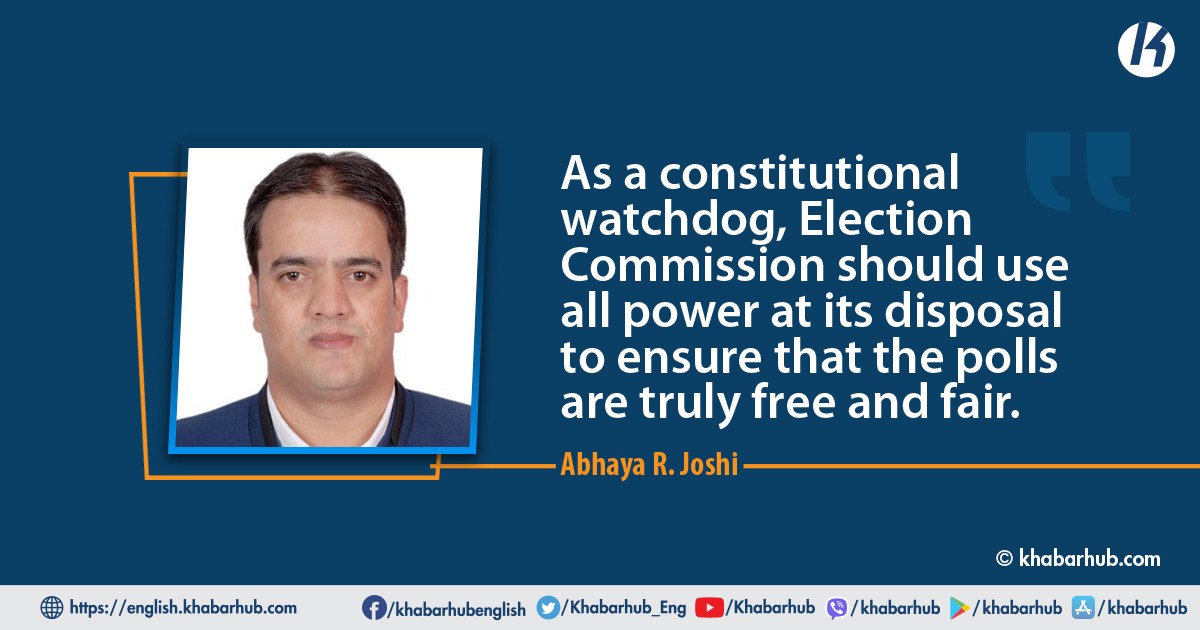
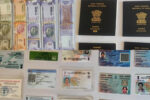
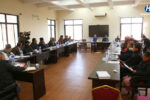
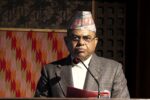

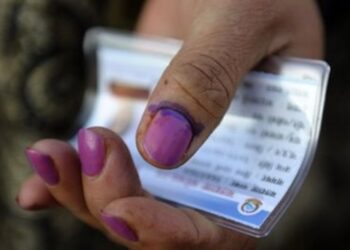

Comment